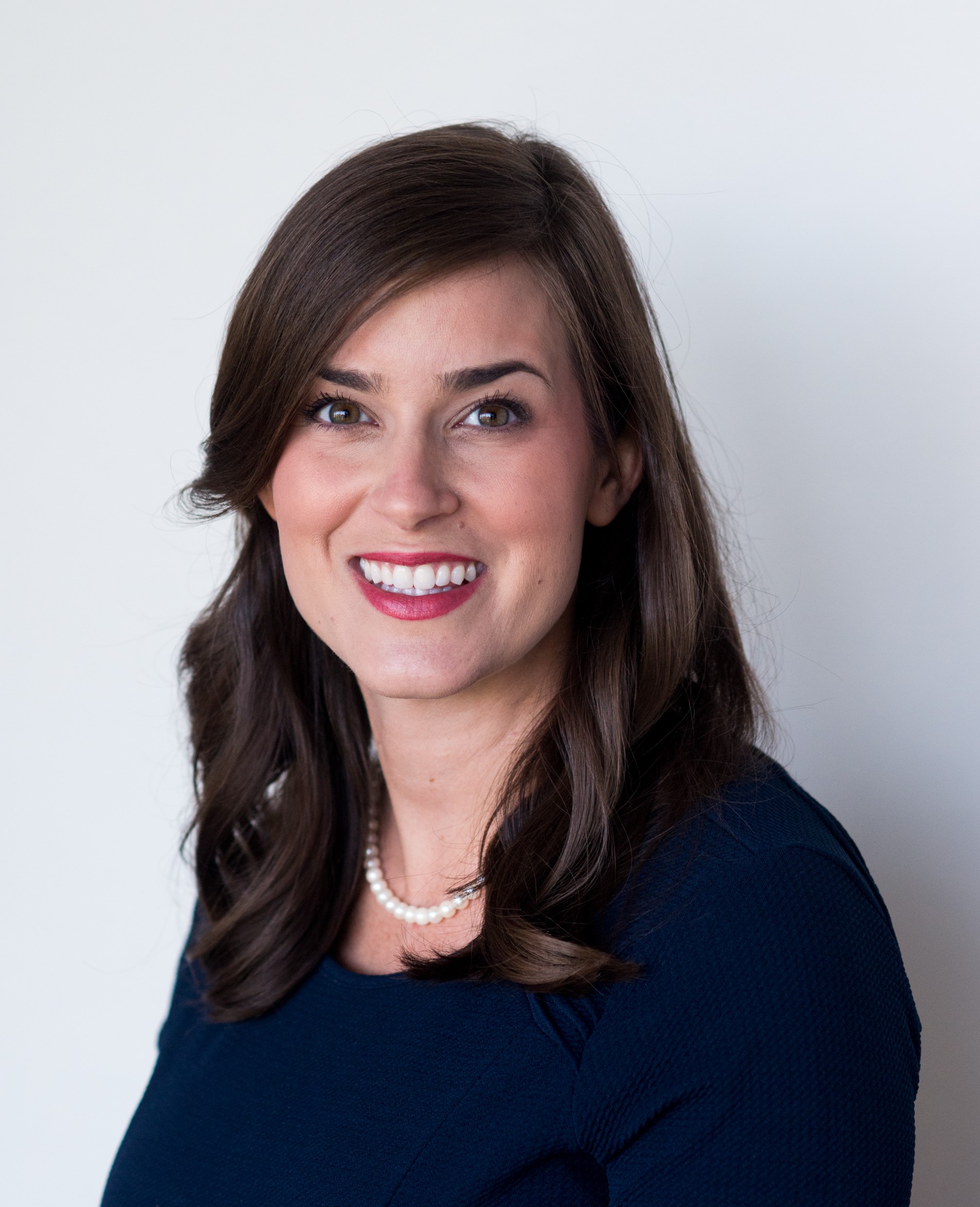What is your mission as a company?
Chevron’s mission is to be the global energy company most admired for its people, partnership and performance. We develop the affordable, reliable, ever-cleaner energy that enables human progress.
What is your company culture?
We learn from and respect the cultures in which we operate. Chevron fosters an inclusive work environment that values the uniqueness and diversity of individual talents, experiences and ideas. We develop leaders and collaborate as one team to deliver industry-leading performance. Our company raises the bar on actions and outcomes that meet the high expectations of our stakeholders. We build trusting, mutually beneficial relationships. We work together – and with our partners – to achieve solutions and breakthroughs that benefit our shareholders and society. Our aim is to lead our industry in health, safety and environmental performance. The protection of people, assets, communities and the environment is our highest priority. We earn trust and respect by acting with integrity and operating with the highest ethical standards. Our culture and reputation are built upon these principles.
What are your recommendations for seeking mentorship and support in the workplace
Mentorship comes in all shapes and sizes – it can be formal or informal, a conversation by the coffee pot, one 30 minute check-in, or a relationship that lasts for years – don’t feel like it has to have a label. Meet with as many people as you can, ask lots of questions, and listen with curiosity.
For a long-term mentoring relationship, many companies, like Chevron, offer mentoring programs – this is a great way to connect with a formal mentor. Once you connect, it’s important to set the objectives of the mentoring relationship up front, agree on how often you will meet, topics, etc. – come prepared! You will get out of a mentoring relationship what you put into it.
How do I ask for help as a professional?
The first step is being a good listener – people offer help all the time that goes unheard, listen more than you talk! Having a good network of people you can go to for help is crucial as you progress in your career. Take the time to build relationships with people so you have a good network. It’s ok to ask your supervisor, mentor, etc. for help, and depending on the topic that could be the best place to go for help. Also, developing and maintaining relationships so you have a broad group to call on for various topics will help you excel.
What is one piece of advice that you would give to your college-aged self?
It’s better to be a learn-it-all than a know-it-all … in college you are tested more on what you know, and this encourages a mindset where you need to know all the answers yourself. But in the world of work, the key to success is more about how you collaborate with others. Being open to continually learning from others, being curious and knowing that you may be wrong … this is a critical mindset shift, and the sooner you embrace it the better!
How can my Auburn Engineering education best prepare me for the world of work?
I love the Auburn Creed – it says everything you need to know about how to succeed in life. “This is a practical world”, “hard work”, “education”, “honesty and truthfulness”, “a spirit that is not afraid”, “the human touch”, “mutual helpfulness”, etc. Auburn engineering teaches you problem solving skills, which you will use for your entire career, whether you stay in a traditional engineering field or not. More important, Auburn teaches you beyond the classroom the skills that you need to succeed in life and the world of work. Work hard, be a good team player / collaborative and helpful, always maintain your integrity, and don’t be afraid – take risks and be confident!
If you were to hire someone to work with you today, what factors would be most important in your hiring decision and why?
Work experience is very important – so definitely don’t pass up on internships / co-op positions! Beyond that, communication skills and emotional intelligence are what can set people apart. Getting results the right way is key to success, so finding someone who is collaborative and excels at teamwork is important.
What types of experiences, paid employment, or otherwise, would you most strongly recommend?
Internships or co-ops – try as many different roles as you can – it is just as important to find out what you don’t like as what you do like! Also look for volunteer teamwork and leadership experiences on campus– there are so many organizations on campus to choose from. Each experience will teach you something – new skills, more about yourself and what you may want to do after you graduate, etc.
Sponsor Website Careers Page



